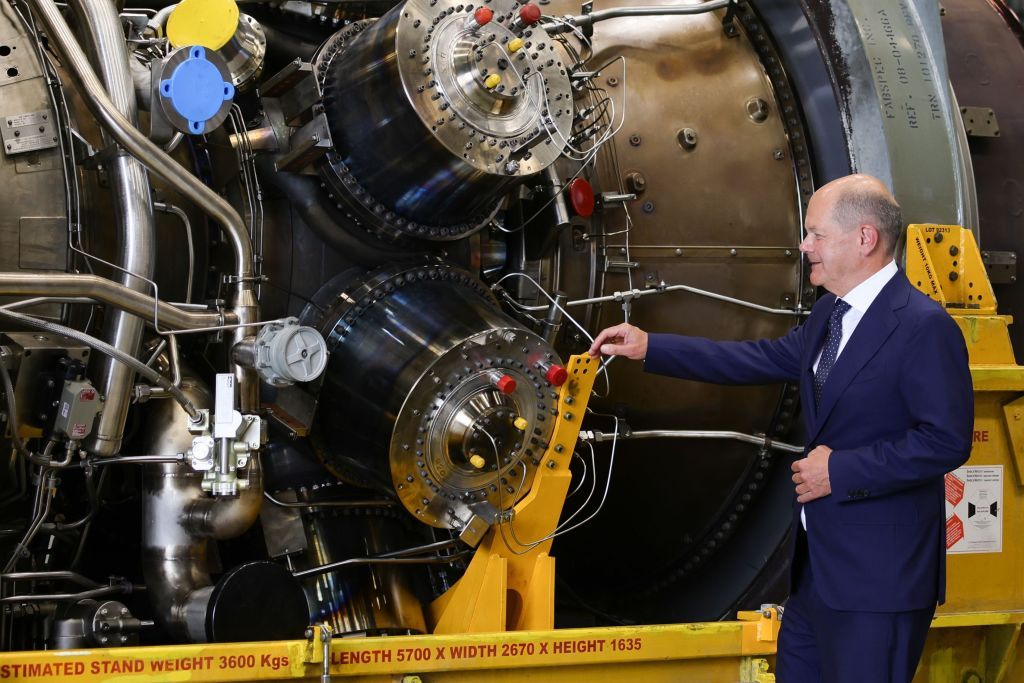PM Shmyhal: Ukraine hopes EU accession talks will begin in first half of 2024

The Ukrainian government believes the negotiations on the country's accession to the European Union can start in the first half of 2024, Prime Minister Denys Shmyhal told Euractiv in an interview published on March 18.
The European Commission on March 12 proposed a draft framework for the membership talks with Ukraine and Moldova, another candidate to join the bloc, which currently includes 27 countries.
"We hope that our European partners will approve it (the draft framework) without any additional amendments as the European Commission proposes," Shmyhal said.
"[European Council] President Charles Michel named 2030 a possible target year for further EU enlargement, but we will do our best for Ukraine that it could happen earlier, immediately after our victory."
In its November 2023 report, the European Commission - the EU's executive arm - recommended the launch of accession talks with Kyiv but noted that several reforms are still needed, including an additional four reforms Ukraine would have to undertake to complete all the criteria.
The European Council then officially agreed in December 2023 to begin the talks.
Ukraine aims to "execute (its) homework in a very fast way," said Shmyhal, who believes that this process will take "not more than two years."
EU member states are reportedly expected to approve the next formal steps toward starting the accession talks later this week.
When asked whether he was worried that his country's bid could become a cost-benefit calculation for some of the more hesitant EU member states, Shmyhal said that "Ukraine will bring to the EU much more than the process of joining will cost."
According to a recent report by the Bruegel think tank, as well as internal EU documents obtained by Euractiv, the financial cost of Ukraine's accession is estimated to be between 110 to 136 billion euros ($119-148 billion) to the EU's seven-year budget, around 0.10%-0.13% of the bloc's GDP.
"We've seen the reports, but the Ukrainian market, the Ukrainian Defence Forces, the Ukrainian raw and critical materials, and other sectors could bring much more in terms of security and economic benefits," added the prime minister.
"We may go through a tough negotiation process, but we are ready for compromises based on mutual setbacks – but if we take a look at this as an investment project, it could be much more beneficial (for the EU) than (our) cost of joining."















